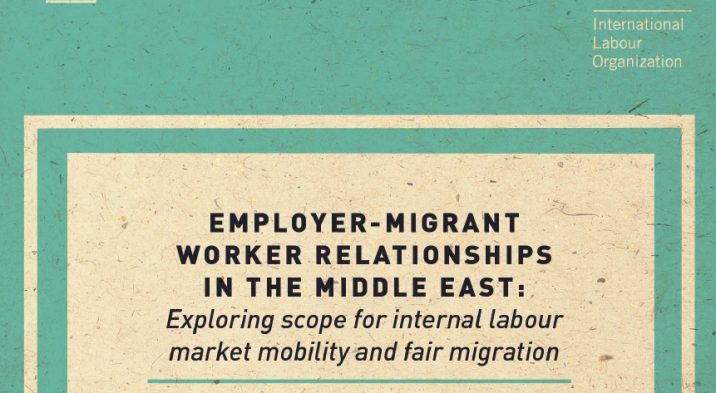
Current sponsorship regimes in the Middle East have been criticized for creating an asymmetrical power relationship between employers and migrant workers – which can make workers vulnerable to forced labour. Essential to the vulnerability of migrant workers in the Middle East is that their sponsor controls a number of aspects related to their internal labour market mobility – including their entry, renewal of stay, termination of employment, transfer of employment, and, in some cases, exit from the country.
Such arrangements place a high responsibility – and often a burden – on employers. To address these concerns, alternative modalities can be pursued which place the role of regulation and protection more clearly with the government.
This report demonstrates that reform to the current sponsorship arrangements that govern temporary labour migration in the Middle East will have wide-ranging benefits – from improving working conditions and better meeting the needs of employers, to boosting the economy and labour market productivity.
To Download the full report please click the link below: